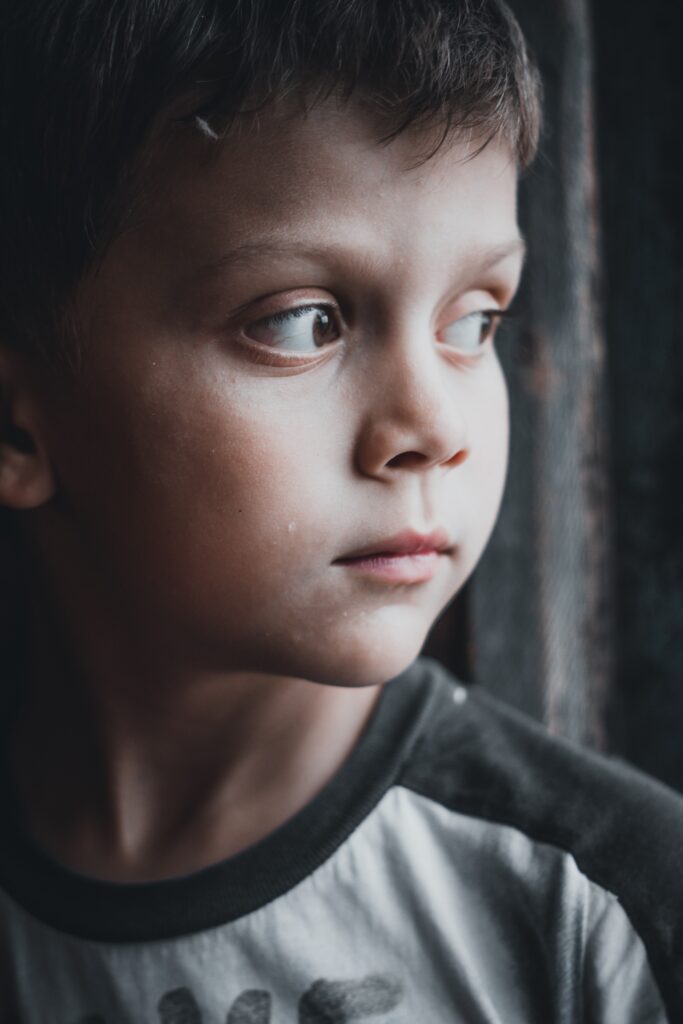Parenting a child with autism can be heartbreaking at times, in this article we explain what you can do if your autistic son has no friends.
Autism is a complex condition and it can have a significant impact on a child’s ability to cultivate relationships.
Whilst every child is different there are some things you can try to help your son make friends;
Understand your son’s needs
This sounds like stating the obvious but one of the first steps would be to really understand what the blockers are with your child and making friends.
Autistic children may experience difficulties with social interactions, communication, and interpreting social cues.
They may also struggle with changes to routines or being in unfamiliar places.
If you can pinpoint where you think your son’s social difficulties are most prominent, you can work on them.
A practical example would be trying to break routines of solo play.
If your child likes to play alone at home you should try to gradually insert yourself in his games.
If he likes playing with toy cars for example, start by just sitting next to him rolling a car also.
You can slowly increase your involvement by simulating a crash or ‘beeping’ at his car.
Rome wasn’t built in a day and this may well be a very long process but with time if you can muscle your way into his world it is the first step to friendships.
Make a committed effort to play with him at least once every single day for a month and you may be surprised with the results.

Develop turn taking
One of the key aspects of friendships as a child is the ability to take turns and share toys.
Although this is something which neuro-typical children still struggle with, it can be worked on at home.
After you have managed to break through into your son’s games you could try removing the toys until it is one between two.
Clearly say “your turn” and then “my turn” with accompanying gestures to reinforce the alternation.
Naturally your child may be resistant at first, or even for the foreseeable but gradually you can install the concept of turn taking.
Reinforce any positive behaviour here with big smiles and claps to try and lock in positivity associated with sharing.
Push social activities
As tempting as it is to do the complete opposite, you should try and expose your child to social situations as often as possible.
Keeping your child at home to play alone may end up as a vicious cycle of him developing rigid routines and self play habits.
Creating opportunities for socialisation is therefore essential.
You can engage your child in extracurricular activities, clubs, or community programs where shared interests can help form connections.
Encouraging participation in group activities like team sports, art classes, or clubs focused on special interests can foster social interactions.
They also will likely lead to promoting personal growth and self-confidence.
Pick appropriate toys and games
In terms of toys and figurines you should try and focus on those which come as groups of friends.
If you think about it, the majority of kids TV shows follow friendship groups so if you choose their toys wisely you can replicate this.
When you have the toys which are part of a friendship group you can imitate conversations between the “friends”.
In terms of games, you could try and perk your son’s interest in games which require two people, such as catching games.
Something like the velcro catching mitts can be good for autistic children as they may enjoy the sensory feedback of ripping the ball from the velcro.
Reward joint attention
One key consideration is to let your child know that playing with another person is a positive thing.
If you manage to get a game going with your child or even better they invite you to play, go overboard with the praise.
You could even consider giving some sort of a reward such as a gold star sticker or giving them their favourite treat.
Don’t be too hard on him or yourself
Teaching your child about joint attention and friendships can be a long road. The fact that your child doesn’t immediately gravitate to other children is normal for autistic children.
It is the incremental steps which will get you to your goal of helping your child be more sociable.
So if you have a setback or a negative experience, try to learn from it but don’t let it dampen your spirits.
Summary – What to do when your autistic child has no friends
While it can be challenging for parents when your autistic child has no friends, proactive steps can be taken to nurture social connections.
By understanding their child’s unique needs, promoting social skill development and creating avenues for social experiences you can make progress.
With the loving support you can help him in building meaningful and lasting friendships.

